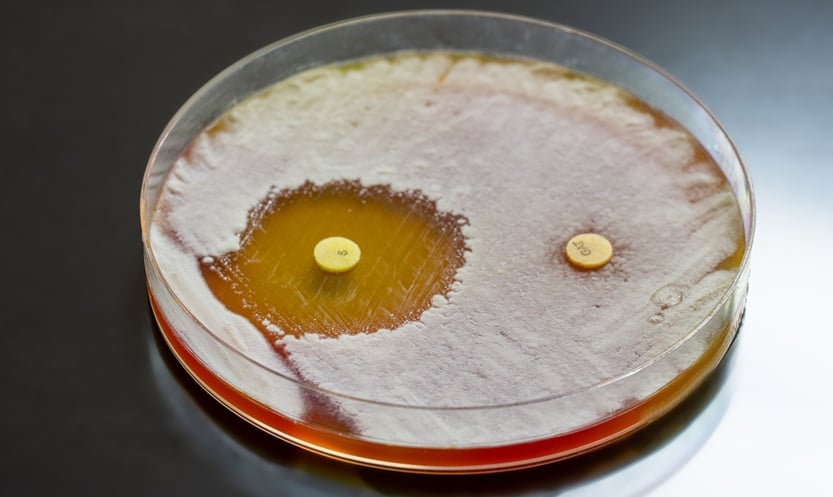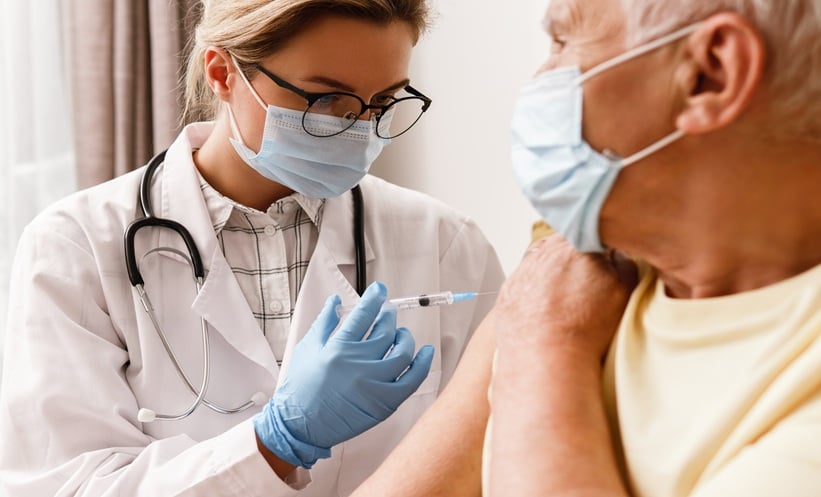A NEW study from Niger has raised urgent concerns about the spread of antimicrobial resistance (AMR) among children treated for severe acute malnutrition (SAM), revealing alarmingly high rates of colonisation with drug-resistant Gram-negative bacteria during hospital care.
Current WHO guidelines recommend hospitalisation and routine antibiotic use for children with complicated SAM, a practice intended to prevent infection-related deaths. However, researchers investigated whether this life-saving intervention may inadvertently promote resistance. Conducted in children <5 years, the study assessed intestinal colonisation by Gram-negative bacteria carrying β-lactamase resistance genes at three points: hospital admission, during treatment, and at discharge. The team focused on extended-spectrum β-lactamase and carbapenemase-producing bacteria, with particular attention to Escherichia coli strains carrying the blaNDM-5 gene. Selected isolates were analysed using whole-genome sequencing.
Among the 1,371 children studied, 76% (n=1,042) were colonised with bacteria harbouring a blaCTX-M-1-group gene at some point during their care. Alarmingly, 25% (n=338) carried bacteria with the blaNDM-5 gene, which confers resistance to carbapenems, one of the most critical last-line antibiotics. Of the children who tested negative for carbapenemase gene carriage on admission, 69% (n=503/729) acquired these highly resistant organisms during their hospital stay. A particularly concerning finding was the identification of E. coli ST167 carrying blaNDM-5 in 11% (n=144) of the children, a strain known for its global association with AMR outbreaks.
These findings emphasise the double-edged sword of antibiotic use in children treated for SAM. While antibiotics are often lifesaving, their use in high-burden settings like Niger may also contribute to the rapid spread of multidrug-resistant organisms. The study highlights the urgent need for improved infection control, enhanced AMR surveillance, and reconsideration of antibiotic protocols in vulnerable paediatric populations.
Reference
Sands K et al. Acquisition of Escherichia coli carrying extended-spectrum ß-lactamase and carbapenemase genes by hospitalised children with severe acute malnutrition in Niger. Nat Commun. 2025;16(1):6751.








